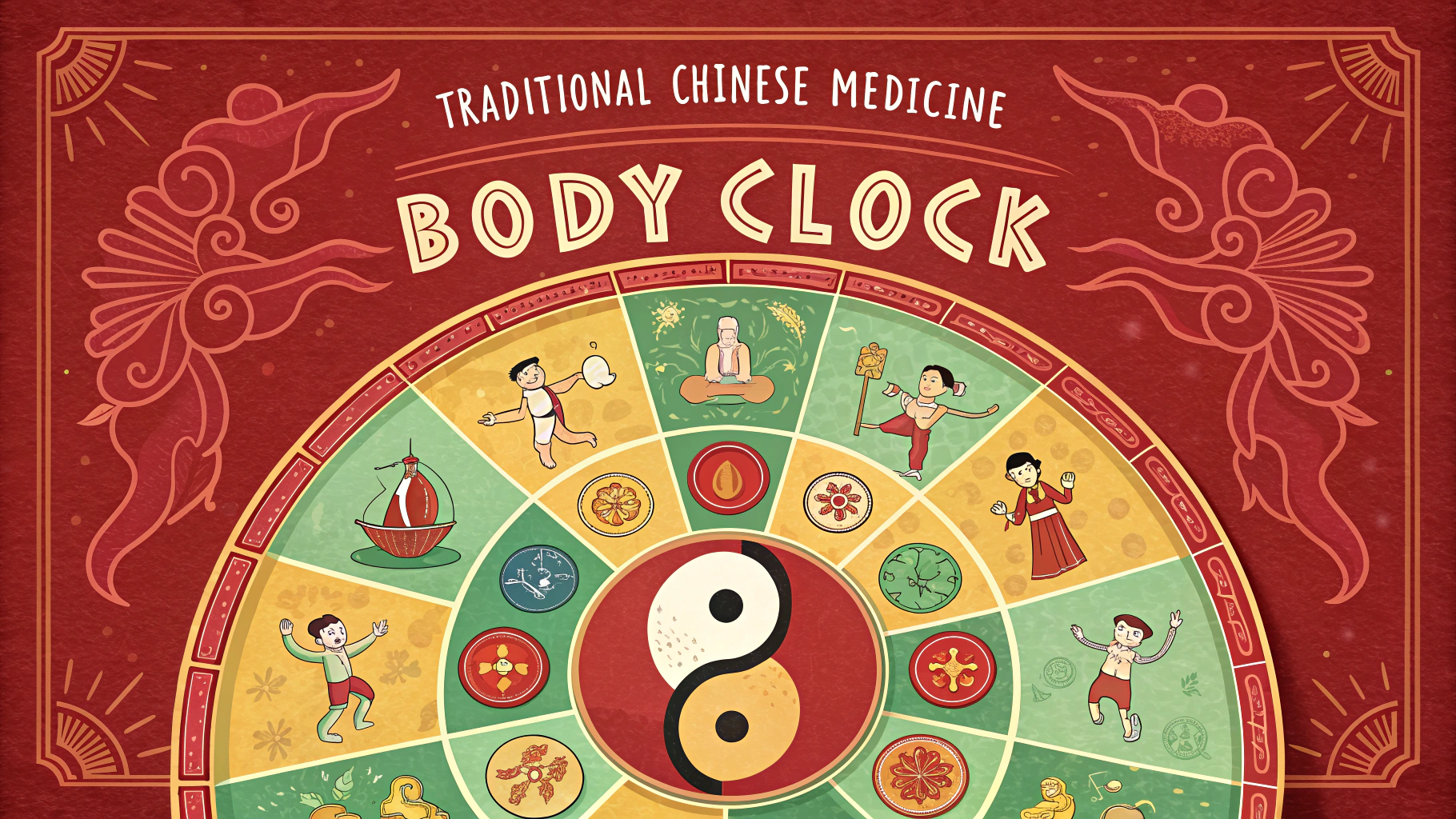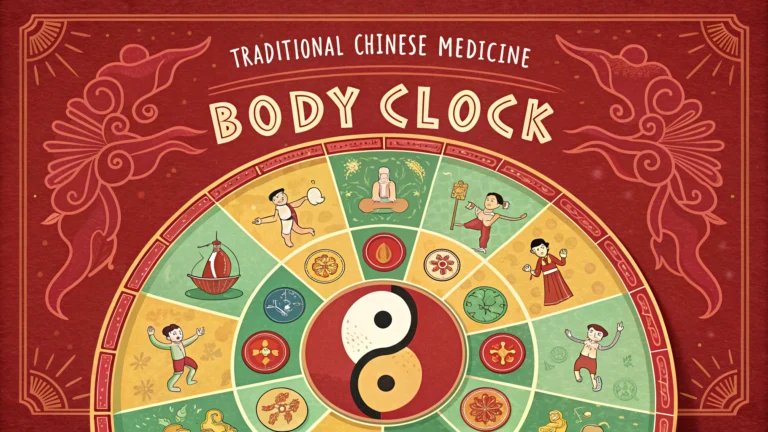Traditional Chinese Medicine (TCM) dietary principles offer time-tested approaches to maintaining health and treating ailments through mindful eating habits and food combinations.
Understanding how different foods affect our body’s energy systems can help create balanced meals that support overall wellness according to TCM philosophy.
This guide explores essential TCM dietary guidelines and practical ways to incorporate them into daily meals, complementing acupuncture treatments for optimal results.
Core TCM Food Classifications
- Cold Foods: Raw vegetables, citrus fruits, green tea
- Hot Foods: Ginger, garlic, pepper, lamb
- Neutral Foods: Rice, most grains, potato, pork
- Warming Foods: Cinnamon, sweet potatoes, chicken
- Cooling Foods: Watermelon, cucumber, mint
Five Element Theory in TCM Diet
Element
Taste
Organ System
Foods
Wood
Sour
Liver
Leafy greens, vinegar
Fire
Bitter
Heart
Coffee, dark leafy greens
Earth
Sweet
Spleen
Rice, squash
Metal
Pungent
Lungs
Onions, ginger
Water
Salty
Kidneys
Seaweed, miso
Seasonal Eating Guidelines
Spring calls for lighter foods that support liver function, like leafy greens and sprouted foods.
Summer is ideal for cooling foods like fresh fruits and raw vegetables.
Fall requires more warming foods and cooked vegetables to support lung health.
Winter demands warming foods like soups, stews, and root vegetables.
Supporting Acupuncture Treatment Through Diet
- Eat warm, cooked foods before and after treatments
- Stay hydrated with room temperature water
- Avoid alcohol and caffeine on treatment days
- Include foods that support your specific treatment focus
Practical Tips for Implementation
- Start meals with warm water or ginger tea
- Cook vegetables lightly instead of eating them raw
- Combine foods from different elements in each meal
- Eat slowly and chew thoroughly
- Stop eating when 70% full
Foods to Support Common Health Goals
Health Goal
Recommended Foods
Boost Energy
Black beans, chicken, dates
Improve Digestion
Ginger, pumpkin, rice
Reduce Inflammation
Green tea, turmeric, chrysanthemum
Support Immunity
Mushrooms, garlic, astragalus root
Next Steps for Your TCM Journey
Find a qualified TCM practitioner through the National Certification Commission for Acupuncture and Oriental Medicine.
Start incorporating one new TCM dietary principle each week to gradually build sustainable habits.
Keep a food diary to track how different foods affect your energy levels and overall well-being.
Common Dietary Mistakes to Avoid
- Consuming too many cold or raw foods
- Eating large portions late at night
- Mixing too many food types in one meal
- Drinking ice-cold beverages with meals
- Skipping breakfast or irregular eating patterns
Advanced TCM Dietary Concepts
Food Combinations
- Pair warming foods with cooling foods
- Balance sweet flavors with bitter ones
- Combine proteins with neutral foods
- Match seasonal foods with corresponding elements
Timing Considerations
- Breakfast: 7-9 AM (Stomach meridian time)
- Lunch: 11 AM-1 PM (Heart meridian time)
- Dinner: 5-7 PM (Kidney meridian time)
Special Dietary Considerations
Condition
Foods to Embrace
Foods to Avoid
Qi Deficiency
Beef, dates, sweet potato
Raw foods, cold drinks
Blood Deficiency
Liver, spinach, black beans
Coffee, spicy foods
Yin Deficiency
Tofu, seaweed, pear
Alcohol, fried foods
Yang Deficiency
Lamb, ginger, cinnamon
Ice cream, raw salads
Integrating Modern Nutrition with TCM Principles
Balance traditional wisdom with contemporary nutritional science by:
- Incorporating whole foods while respecting TCM temperature properties
- Using seasonal produce aligned with both nutritional value and TCM elements
- Preparing foods in ways that preserve nutrients while maintaining energetic properties
- Considering both macronutrient balance and TCM organ system support
Embracing the TCM Path to Wellness
Transform your relationship with food by viewing it as medicine. Start with small changes, observe your body’s responses, and gradually expand your TCM dietary practices.
Remember that individual constitutions vary, and what works for one person may not work for another. Work with qualified practitioners to develop a personalized approach that honors both TCM principles and your unique needs.
Regular practice of these dietary principles, combined with other TCM modalities, can lead to improved health, enhanced energy, and better overall well-being.
FAQs
- What are the main principles of Traditional Chinese Medicine Diet?
The main principles include maintaining balance between yin and yang, eating according to the seasons, consuming foods at proper temperatures, and selecting foods based on their energetic properties (warming, cooling, neutral). - How does Traditional Chinese Medicine classify foods?
TCM classifies foods based on their nature (cold, cool, neutral, warm, hot), flavors (sweet, sour, bitter, pungent, salty), and actions on specific organs and meridians. - What is the significance of eating according to seasons in TCM?
In TCM, each season corresponds to different organs and energy patterns. Winter calls for warming foods, spring for cleansing foods, summer for cooling foods, and autumn for nourishing foods. - How does TCM diet therapy complement acupuncture treatments?
Diet therapy works synergistically with acupuncture by supporting the body’s Qi flow, enhancing treatment effects, and maintaining balance in organ systems targeted during treatments. - What foods should be avoided during acupuncture treatment?
Heavy, greasy foods, excessive cold foods, alcohol, and caffeine should be limited during treatment periods as they can interfere with Qi flow and healing processes. - How long should I wait to eat before or after acupuncture?
It’s recommended to avoid eating large meals 2 hours before treatment and wait about 1 hour after treatment before eating to allow Qi to flow properly. - Which foods help strengthen Qi according to TCM?
Foods that strengthen Qi include sweet potatoes, millet, rice, dates, goji berries, beef, chicken, and specific Chinese herbs like astragalus and ginseng. - How does TCM view the relationship between digestion and overall health?
TCM considers the digestive system (Spleen and Stomach) as central to health, viewing proper digestion as crucial for Qi production and maintaining the body’s overall balance and vitality. - What are the best cooking methods according to TCM dietary principles?
Gentle cooking methods like steaming, simmering, and stewing are preferred as they preserve food’s energetic properties and make nutrients more accessible while supporting digestive function. - How do emotions affect digestion in TCM dietary theory?
TCM believes emotions directly impact digestion – worry affects the Spleen, anger the Liver, fear the Kidneys. Emotional balance is considered essential for proper digestion and nutrient absorption.
Author: AcupunctureMy
Related Posts
Acupuncture Research Standards
Research Corner
|
methodology, science
Research standards in acupuncture have evolved significantly over the past decades to ensure reliable, evidence-based results that can be replicated across different studies. The integration of modern scientific methods with ... Read more
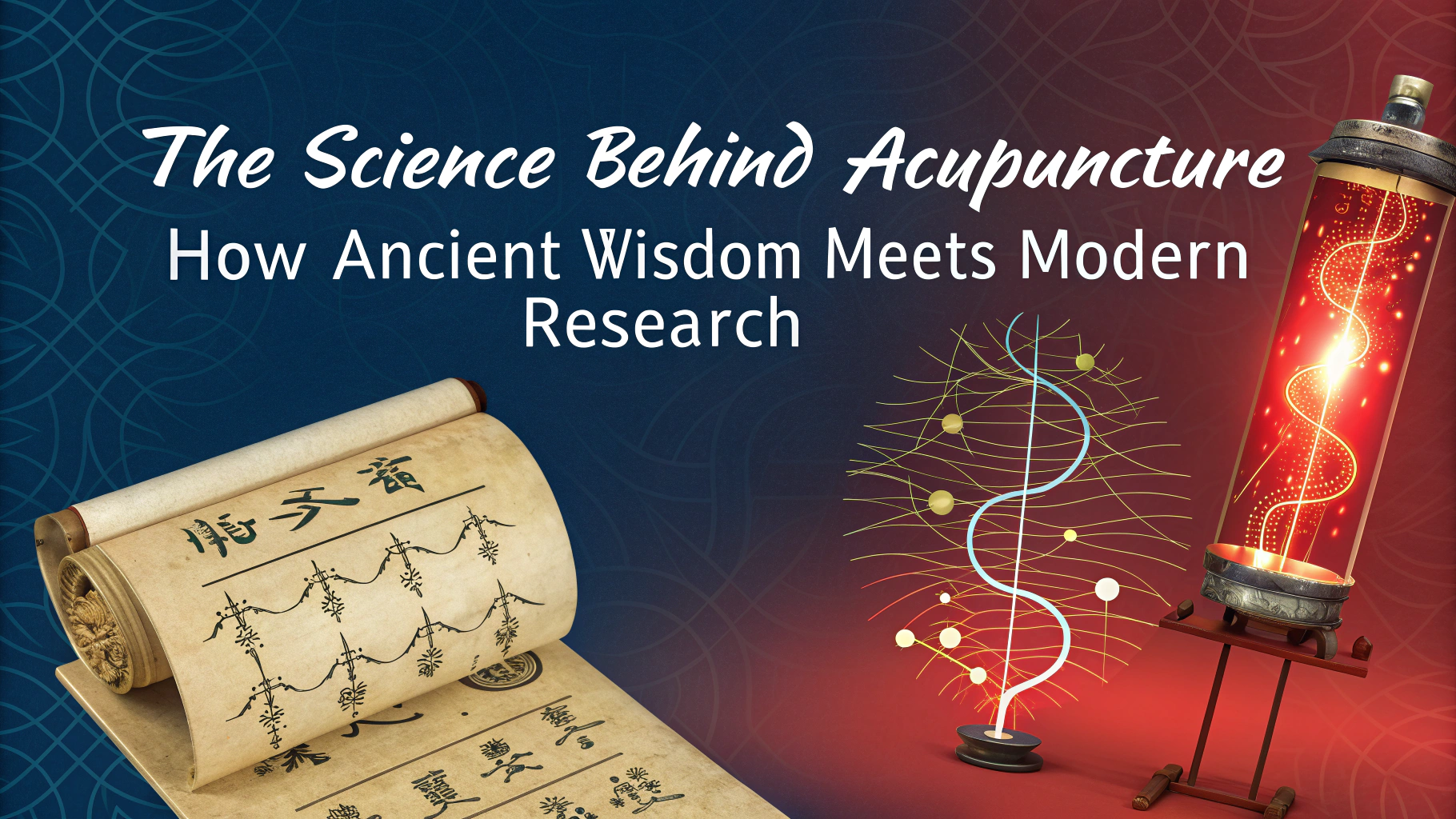
Understanding Treatment Duration
Treatment Guides
|
expectations, planning
The length of an acupuncture treatment plan varies significantly based on individual health conditions and treatment goals. A typical acupuncture session lasts between 30-60 minutes, with the needles remaining in ... Read more
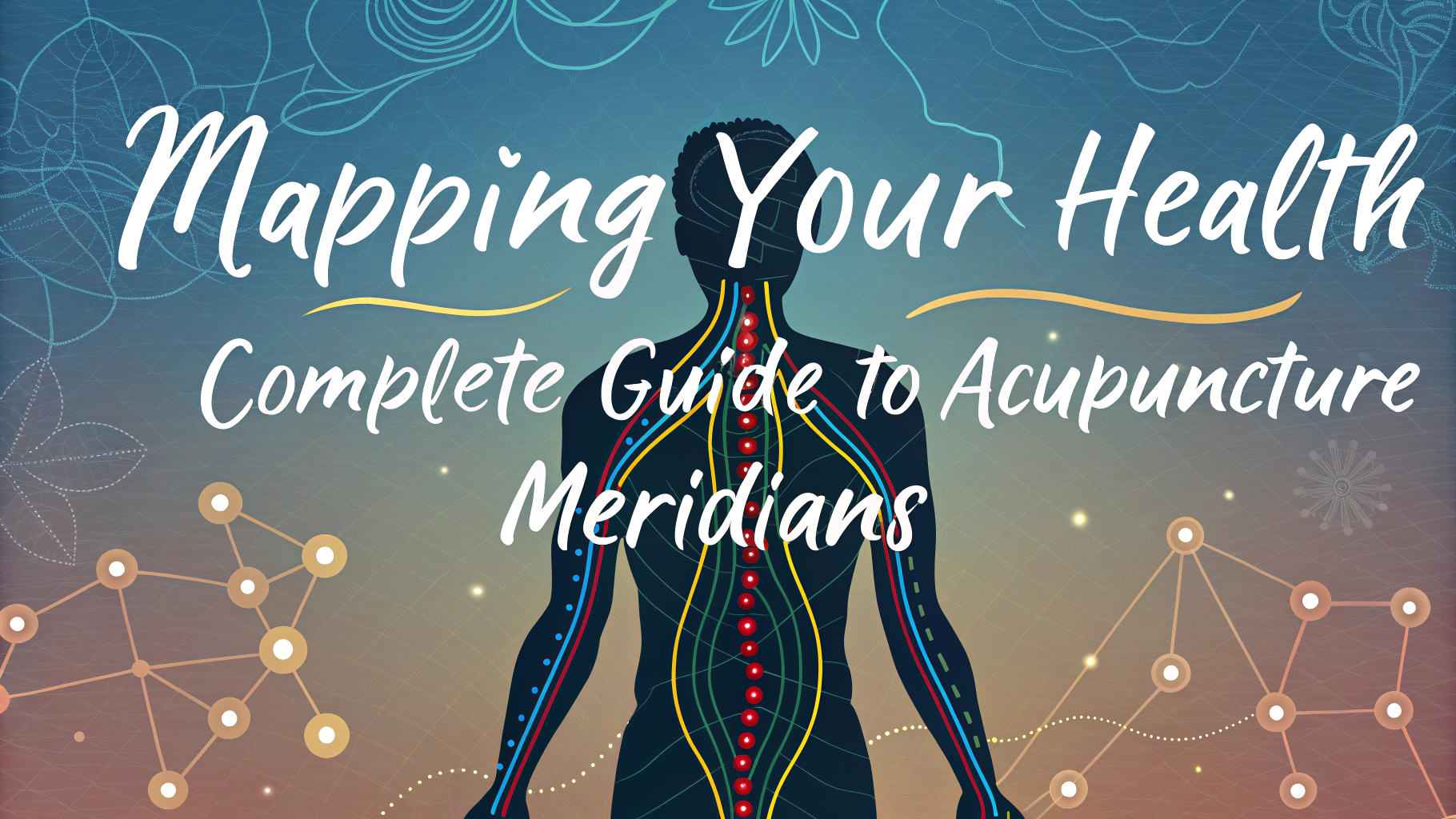
Traditional Chinese Medicine Weather Theory
Fundamentals
|
environment, health
Traditional Chinese Medicine (TCM) recognizes intricate connections between weather patterns and human health, developing sophisticated frameworks for understanding these relationships over thousands of years. Weather changes can significantly impact our ... Read more
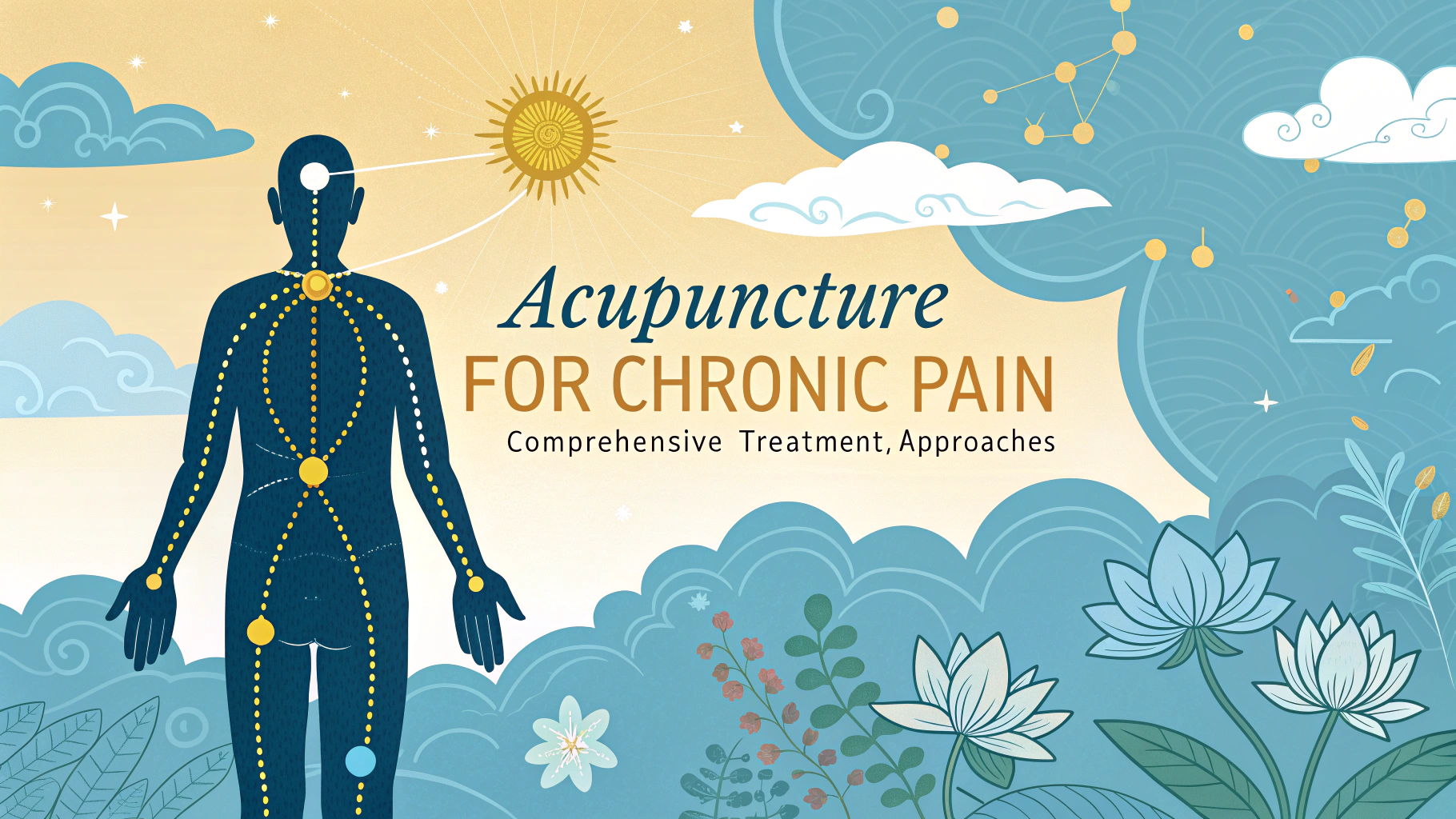
Acupuncture for Sinus Health
Conditions Treated
|
allergies, respiratory
Acupuncture offers a time-tested approach to managing sinus problems by targeting specific pressure points that can help relieve congestion, reduce inflammation, and restore proper sinus function. Traditional Chinese Medicine views ... Read more
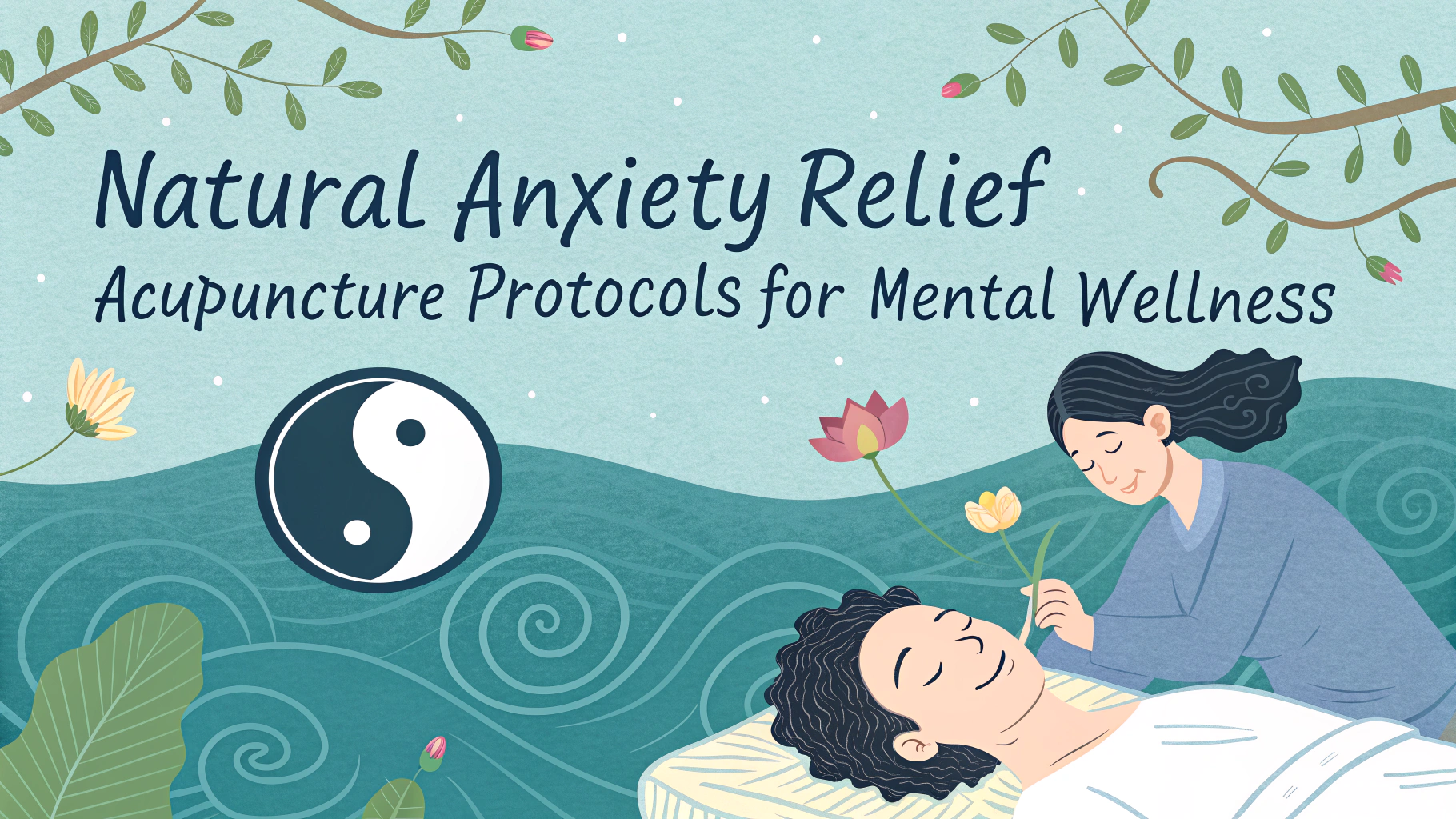
Understanding Point Selection
Fundamentals
|
technique, theory
Point selection stands as one of the most important aspects of effective acupuncture treatment. Skilled practitioners combine traditional wisdom with modern understanding to identify the optimal points for each patient’s ... Read more
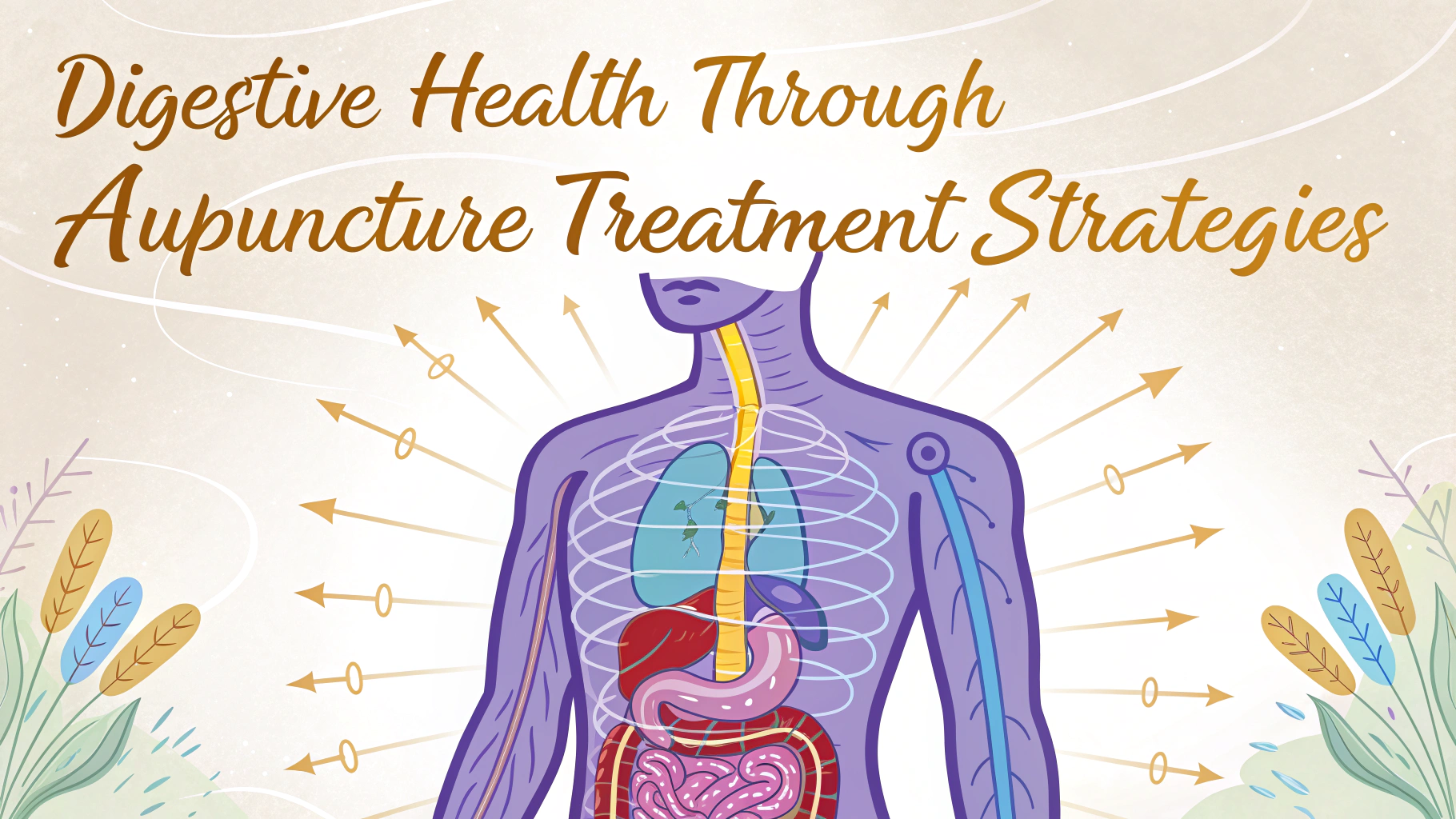
Treating Computer-Related Pain
Conditions Treated
|
ergonomics, pain
Computer-related pain affects millions of people who spend long hours working at their desks. Acupuncture offers a natural, effective treatment option for various musculoskeletal issues that develop from prolonged computer ... Read more

Acupuncture for Lymphatic Health
Conditions Treated
|
circulation, immunity
Acupuncture offers a time-tested approach to supporting lymphatic health through strategic needle placement and gentle stimulation techniques. This ancient Chinese medicine practice helps activate lymph flow, reduce swelling, and enhance ... Read more
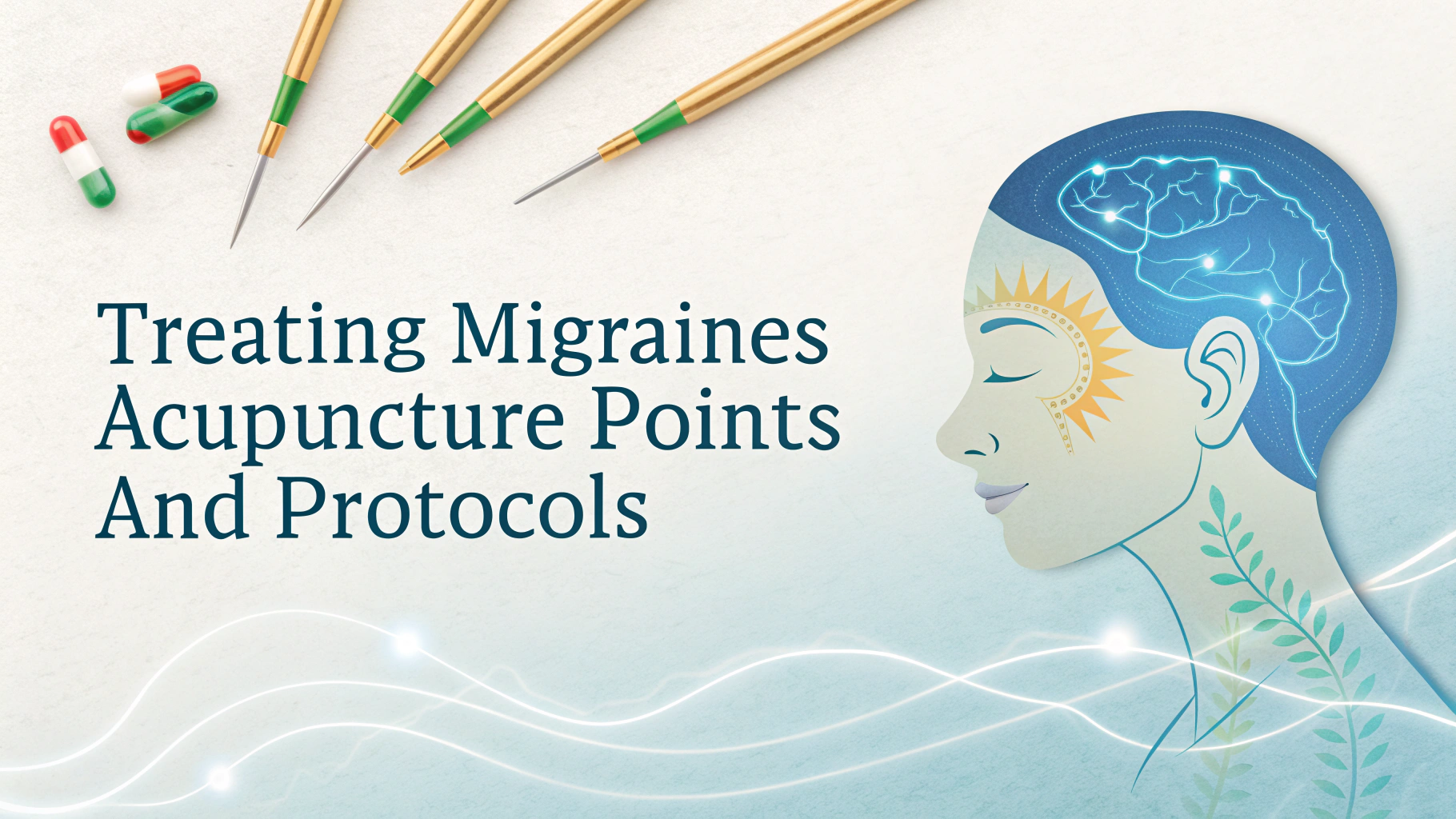
Understanding Treatment Intervals
Treatment Guides
|
frequency, scheduling
Treatment intervals for acupuncture can significantly impact the effectiveness of your healing journey. The frequency of acupuncture sessions depends on your specific health condition, severity of symptoms, and overall treatment ... Read more
